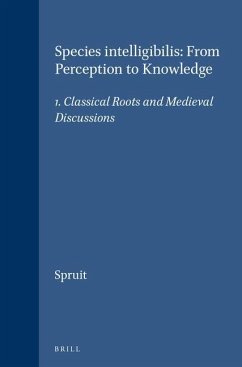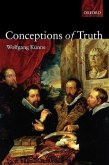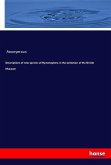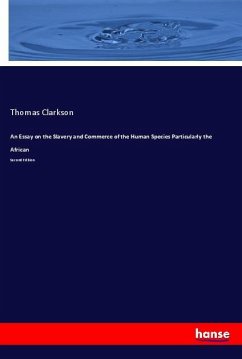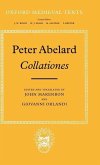This study examines the history of a fundamental problem in Aristotelian cognitive psychology, i.e. the nature and function of the mechanisms that provide the human mind with data concerning physical reality. Chapter I traces the Classical and Arabic prehistory of the Medieval doctrine of intelligible species. Scholastic discussions on formal mediation in intellective cognition were constrained in essential ways by Thomas. Chapter II analyzes his views on mental representation in the context of the reception of Peripatetic psychology in the West. The following chapters (III-V) examine the controversies about the necessity of intelligible species, from Aquinas' death to the 15th century. Another volume is planned, devoted to Renaissance discussions, developments of later Scholasticism, and the elimination of the intelligible species in modern non-Aristotelian philosophy.
Bitte wählen Sie Ihr Anliegen aus.
Rechnungen
Retourenschein anfordern
Bestellstatus
Storno

